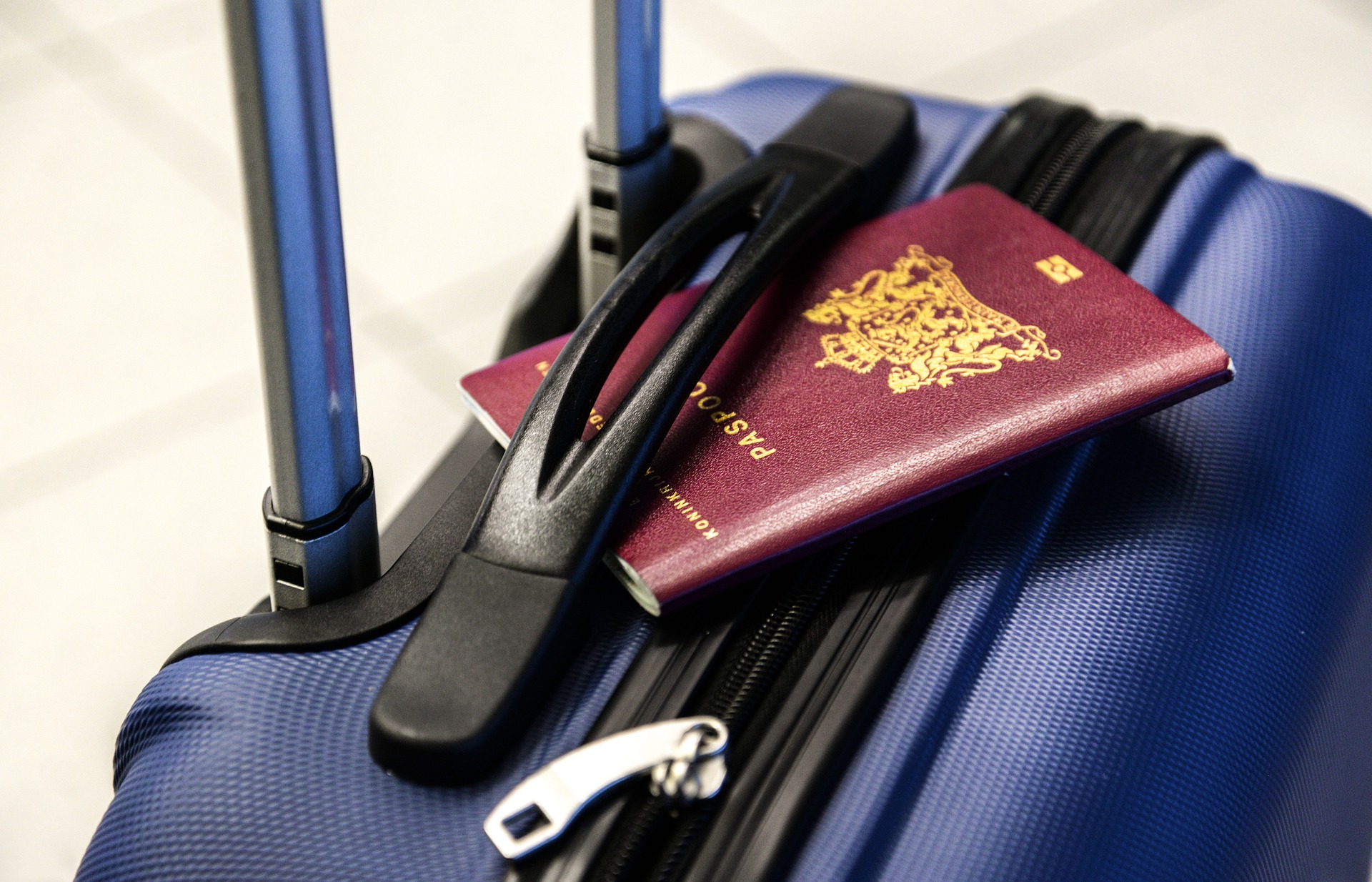This past week, the U.S. Department of Homeland Security announced the implementation of a new Family Reunification Parole (FRP) program for foreign nationals of Colombia, El Salvador, Guatemala, and Honduras, that falls in line with previous governmental policies aimed at reducing unlawful migration.
The program will benefit nationals of such countries whose family members are U.S. citizens or lawful permanent residents and have received approval to join their family in the United States.
Nationals of these countries can be considered for parole on a case-by-case basis for a period of up to three years while they wait to apply to become a lawful permanent resident. This means that those who are eligible for parole will have the opportunity to lawfully reside inside of the United States while applying for lawful permanent residence for a period of up to three years.
The Secretary of the Department of Homeland Security Alejandro N. Mayorkas, said that “These new processes promote family unity and provide lawful pathways consistent with our laws and our values,” and will allow for the expansion of safe, orderly, and lawful pathways to reduce “dangerous, irregular migration to the United States.”
 Visa Lawyer Blog
Visa Lawyer Blog











